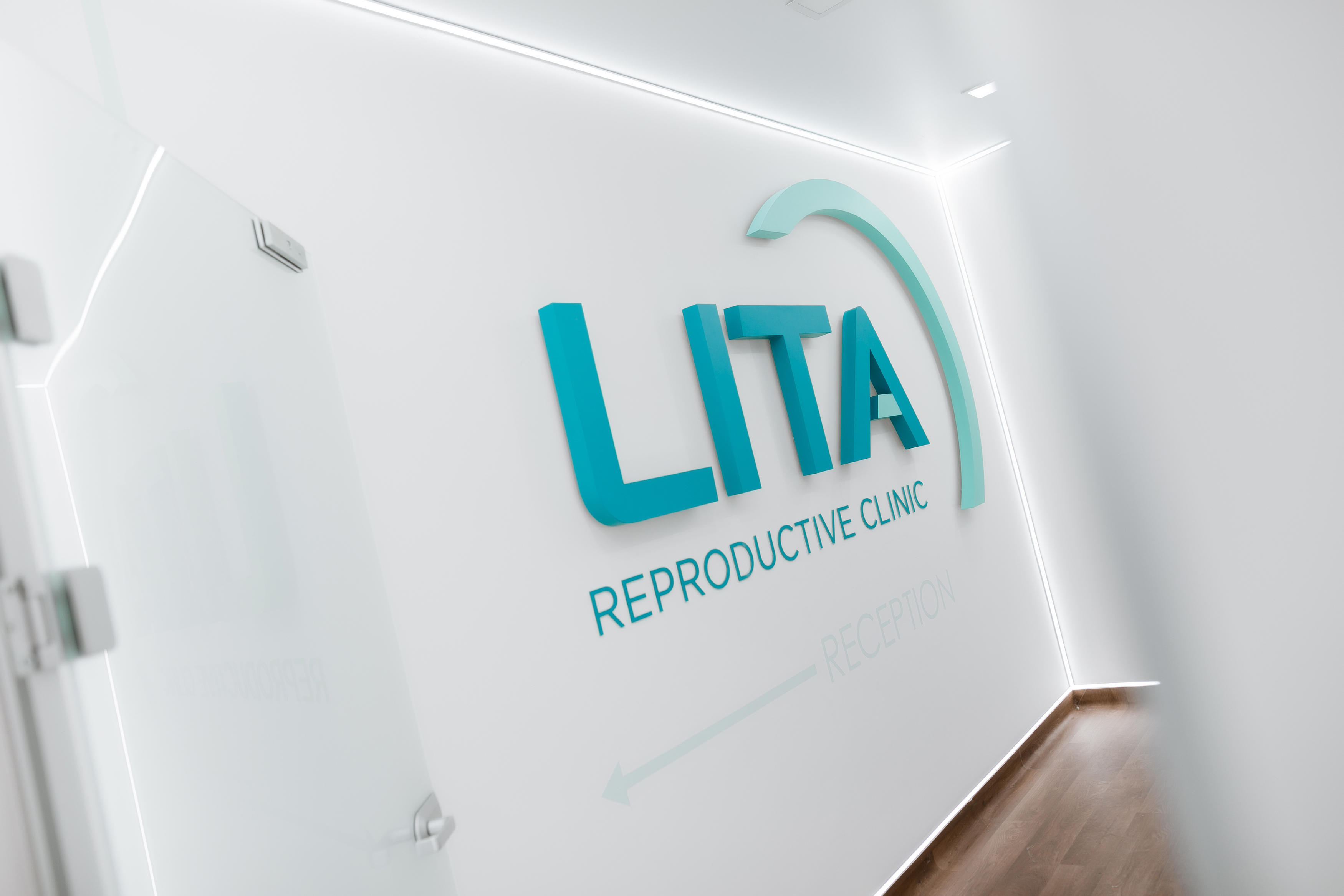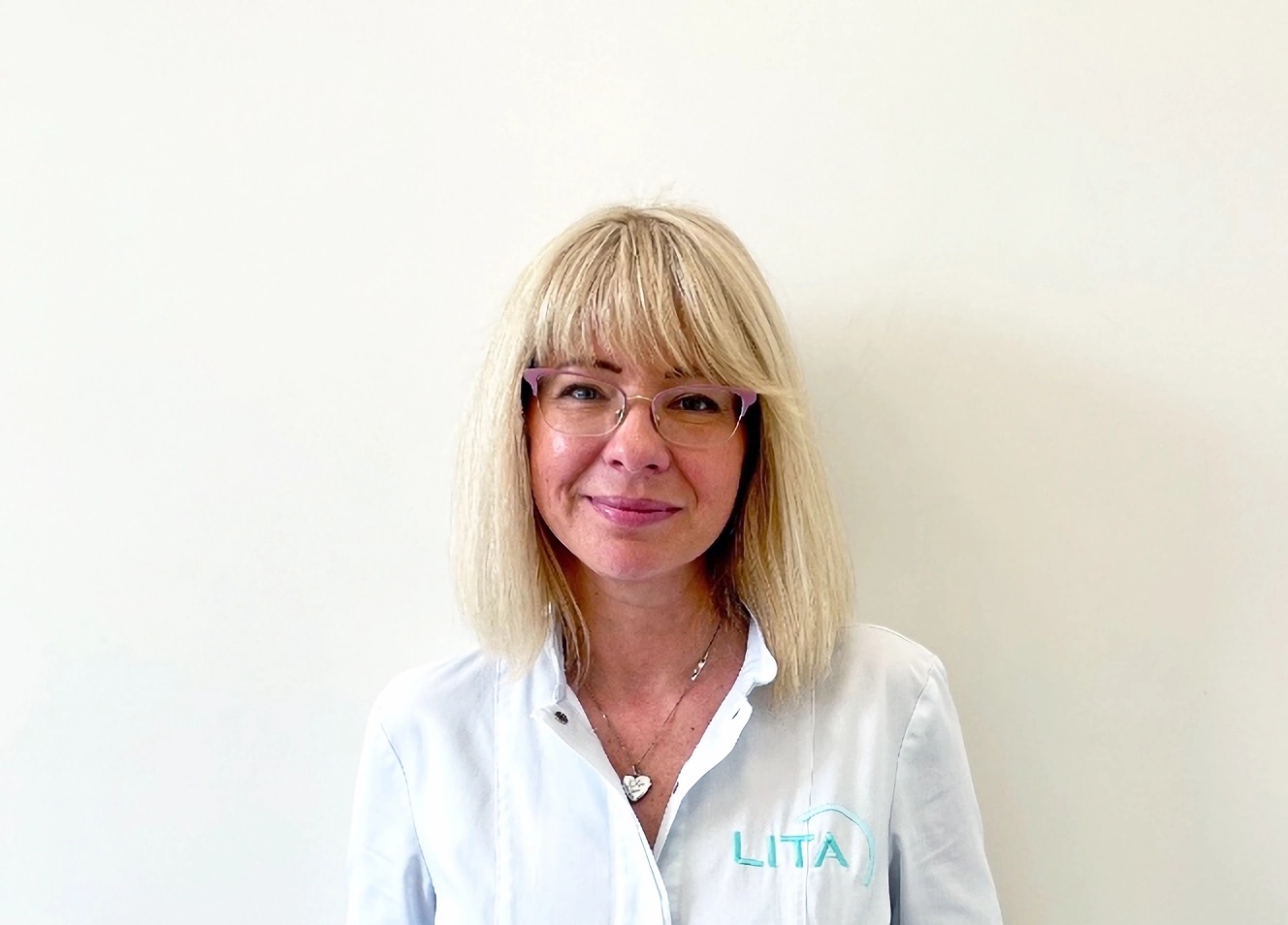Intrauterine insemination (IUI)
How do we organize your medical trip?





Intrauterine insemination (IUI)
What you should know before starting intrauterine insemination
Assisted reproduction techniques are known to help couples struggling with infertility issues.
If you are considering infertility treatment with intrauterine insemination, the most up-to-date information collected here will be helpful and help you make a more informed decision on your path to parenthood.
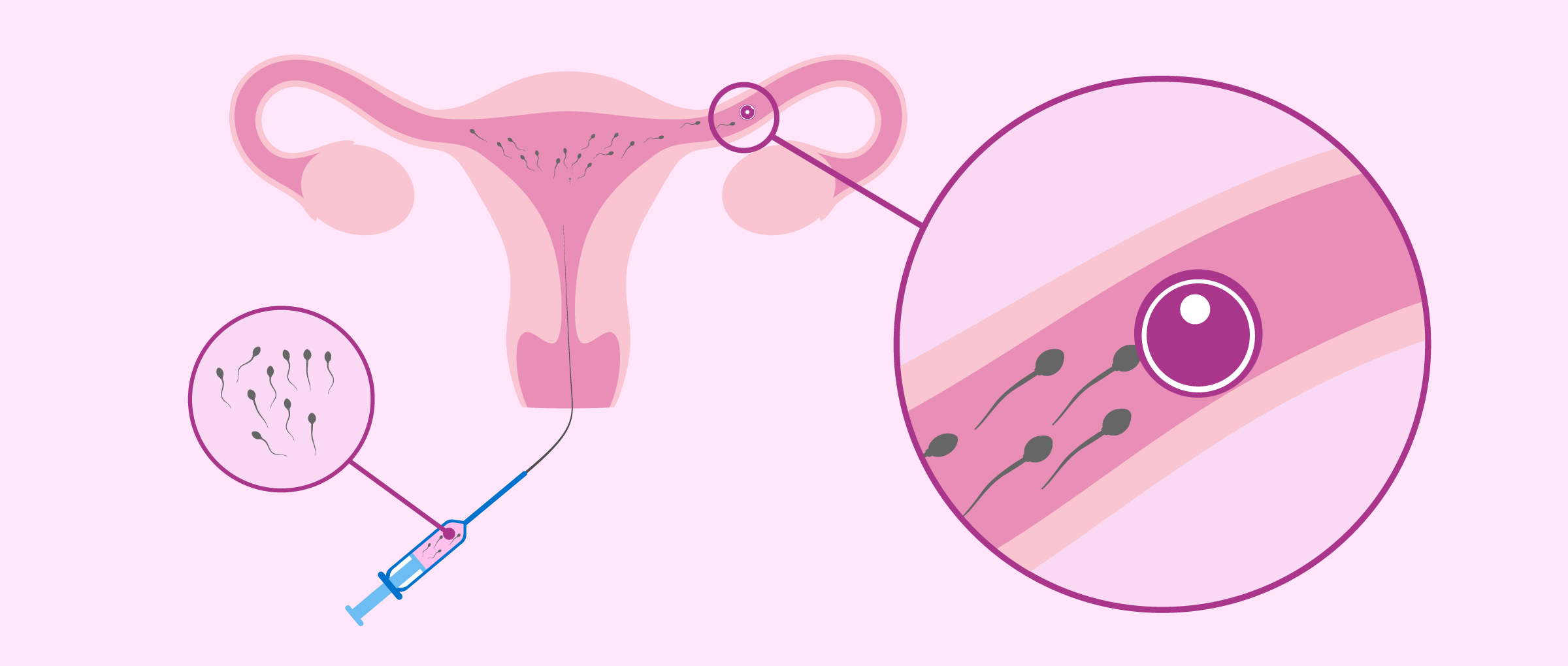
For those exploring various techniques, you might also be interested in mitochondrial donation and other assisted reproduction options.
Doctors See all doctors
Achieving Pregnancy with Intrauterine Insemination (IUI) Services: How It Works?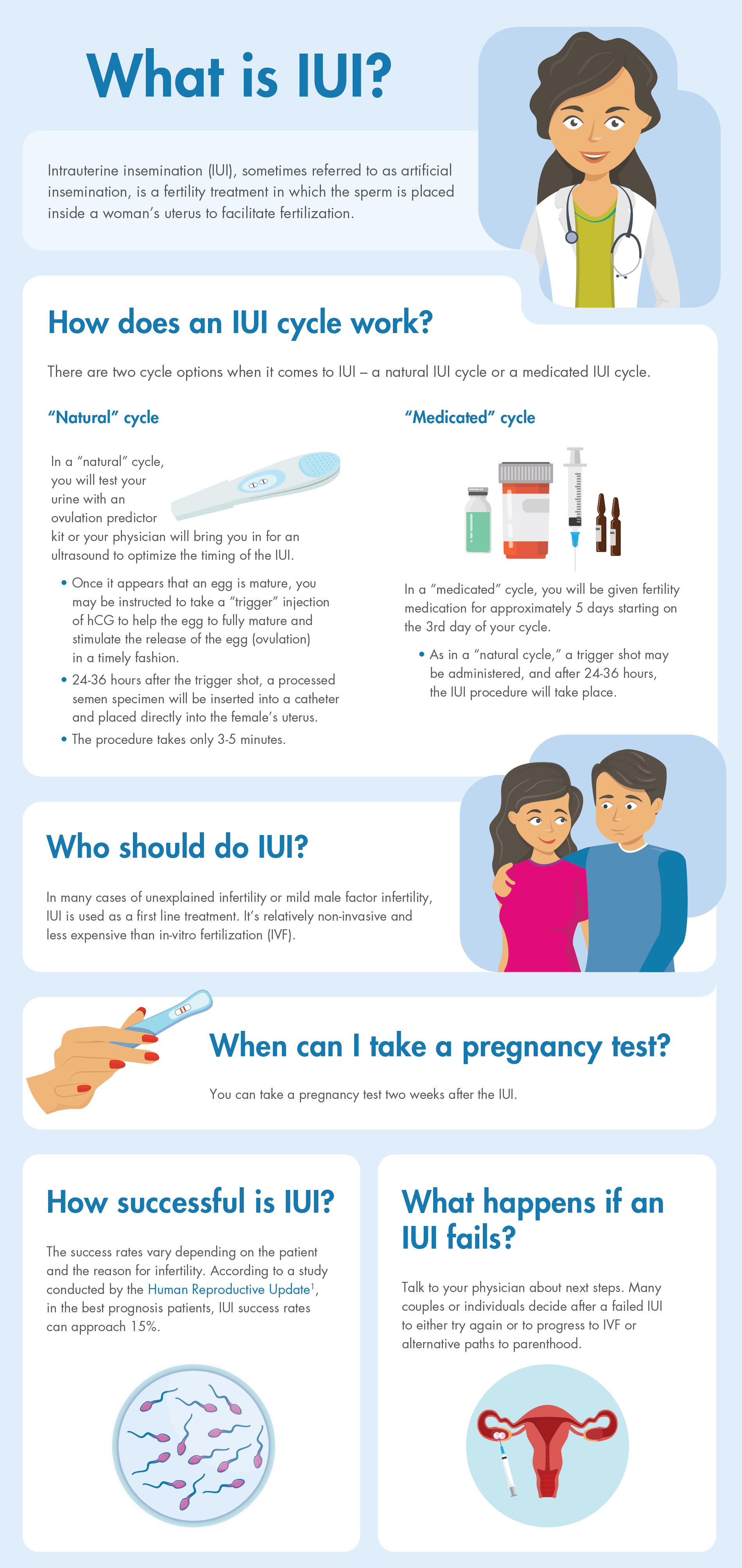
Intrauterine insemination (IUI) It's one of the least invasive fertility procedures and may be offered as an alternative to in vitro fertilization (IVF).
Insemination is accomplished by injecting a large quantity of concentrated sperm closer to the Fallopian tubes to facilitate conception is the most common type of artificial insemination.
IUI is recommended for less complex Infertility issues, like:
- low sperm count
- decrease sperm motility
- unexplained infertility mild
- endometriosis
- hostile cervical mucus
Female couples can also benefit from IUI [Donor Insemination](/directions/9).
The treatment however is not advisable woman with blocked fallopian tubes, infection or moderate to severe endometriosis.
Fertility testing before IUI
Before starting treatment, you should consult with a gynecologist, an infertility specialist, to do a basic infertility test during the infertility evaluation phase, to determine the causes of infertility and to influence an individualized treatment plan.
- Fertility test for women
Do female patients, the fertility investigation should include the assessment of ovarian reserve through anti-mullerian hormone test, full hormone profile like follicle-stimulating hormone and luteinizing hormone estradiol, and frolicking ovulation test, like ludell progesterone and pelvic ultrasound.
The doctor should also check the fallopian tubes for blockages. If the patient has a history of pelvic infection and endometriosis pelvic surgery. The recommended method of evaluation is laparoscopy and similar tests.
- Fertility test for men
Male patient should undergo Semen analysis, and hormone profile test should the Semen analysis come back abnormal
- Fertility test for couples
In order to ensure the safety of IUI treatment, both patients require biology screening for HIV as well as Hepatitis B and C routine Pre cycle testing also includes blood test for rubella and chickenpox. [Read more about fertility testing](/directions/3).
Follow-up consultation
Once fertility tests are completed for both partners, they should visit their fertility specialist to discuss treatment details, prognosis for success, and possible risks. At most clinics, the staff is extremely attentive and talks about the entire process of the procedure: how to stimulate, block medications, and what happens during the IUI, the whole process day by day. The hospital should also provide contact information for all possible questions.
How does IUI work?
A typical IUI cycle begins on the first day of your cycle, which is the first day of your menstrual bleeding and ends two weeks after fertilization, when a pregnancy test is performed.
The IUI cycle involves several steps, including medication testing before the fertilization cycle and a two-week wait after the procedure. The process is relatively short and takes about 90 minutes.
Sperm collection
Sperm is obtained either from a male partner or from a donor. If you use your partner's sperm, a sperm sample will be provided to the clinic on the day of fertilization. If frozen donor sperm is used, it is ruminated in the clinic's laboratory by slowly warming it up.
The sperm preparation process is done using density gradient centrifugation or the swim-up method to separate multiple sperm from other sperm components, and all components should not be used as there is a risk of severe allergic reaction or infection. Sperm preparation takes about 45 minutes.
Fertilization procedure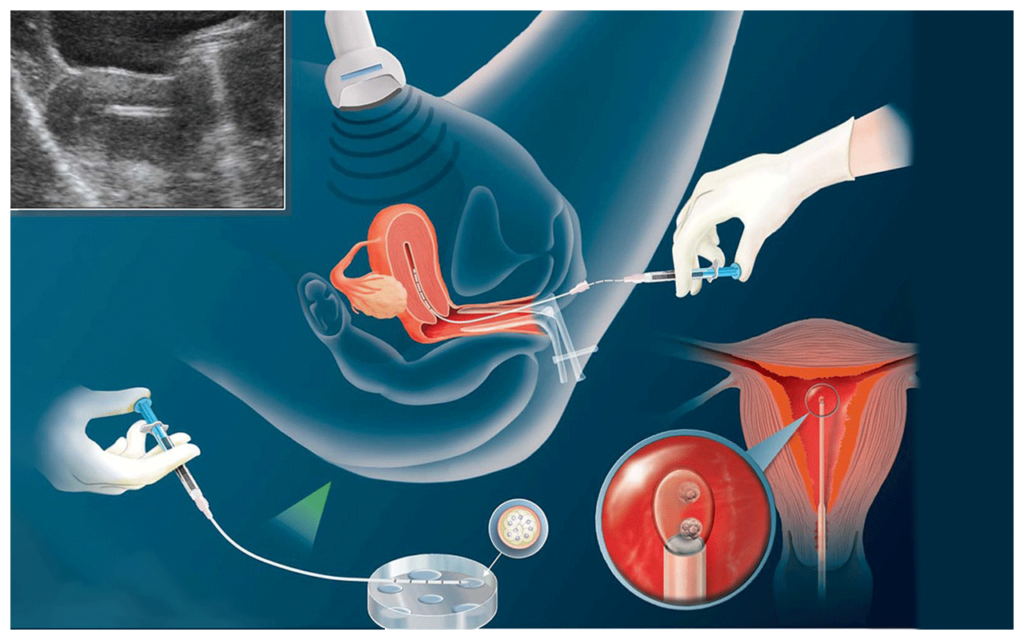
After sperm is prepared it will be injected into the patient's uterus using a thin flexible soft tube. At least two vials of pre-war, sperm will be used and the entire process takes about 5 minutes.
Types of IUI treatment
Depending on your health status, age, and reasons for seeking fertility treatment, your doctor may or may not recommend the use of oocyte production stimulation medications.
- Unstimulated (natural) cycle
If you have no fertility problems, are a single mother, or are in a same-sex relationship, you may not need fertility treatments or ovarian stimulation.
In natural IUI cycles, the ultrasound is done between the 11th and 14th days of the menstrual cycle to see if a mature follicle, which is a fluid-filled sac where the egg is growing, has developed.
If your doctor finds a follicle that is larger than 20 millimeters, you will be prepared for fertilization, just as you would with scheduled intercourse. It is important to measure your luteinizing hormone levels to determine when ovulation will occur.
- Simulated (medicated) cycle
Stimulated intrauterine insemination is often recommended a couples with ovulation issues mild male factor infertility, minimal mild endometriosis and unexplained infertility.
What does simulated IUI involve?
Treatment involves using fertility drugs then use simulation this may induce plummeting letrozole, human menopausal, gonadotropin recombinant follicle stimulating hormone.
Undergoing a stimulated IUI cycle requires further monitoring to avoid the risk of ovarian hyperstimulation syndrome, OHSS and multiple pregnancies. Assuming everything goes well, you'll be given an injection of human chorionic. Gonadotropin hormone to released mature eggs from the ovaries.
Potential risks
IUI treatment carries minimal risks, most of which are associated with the use of fertility drugs, ovarian stimulation, and ovarian induction. In rare cases, treatment can cause: Ovarian hyperstimulation syndrome a serious health condition that causes ovarian pain. Abdominal bloating, nausea, vomiting, diarrhea, and ovarian hyperstimulation syndrome can be avoided with monitoring and medication adjustments.
Multiple pregnancies are another possible risk of IUI. Being pregnant with twins triplets or more multiples poses health risks for both the mother and children.
Some complications for the mother include high blood pressure, diabetes, delivery complications, cesarean section complications.
Potential problems on babies include preterm delivery low birth rate, neurological problems.
The risk of having a twin pregnancy with clomiphene is between 4 and 8%.
IUI cycles with letrozole result in multiple pregnancies in about 13% of cases.
The risk of experiencing a twin pregnancy using gonodotropin injection is highest – 32%.
Before taking any fertility medications be sure to discuss the potential side effects and risks with your fertility specialist.
How successful is IUI?
The success of an IUI depends on age and several other factors that affect the conception process. But success is affected by the cause of infertility, the quantity and quality of sperm, the use of infertility medications, the number of cycles, and the experience of the clinic or doctor.
According to statistics, the pregnancy rate for IUI can be as high as 80% after 3-6 cycles.
Women with unexplained infertility have a 7 to 10% chance of conceiving. It is believed that such patients should undergo at least three cycles of IVF.
Achieve success with one cycle of IVF 50% of women under the age of 35 with infertility problems related to ovulation tend to conceive within 3 to 6 cycles of fertilization.
For some women aged 35, it is recommended that they try three cycles of IUI before moving on to IVF. For women over 40, IVF is usually the best option because they have high success rates and low miscarriage rates. [Find out more about mitochondrial donation](/directions/mitochondrial-donation).
Tips for IUI success
- There are many factors that can increase your chances of getting pregnant. Here are some keys to a successful IUI.
- Eat healthy foods, vegetables, fruits, whole grain products, dairy products, and plant-based proteins. Unsaturated fats.
- Drink plenty of water to stay hydrated. Take a multivitamin with folic acid, reduce stress on acupuncture appointments, and improve sleep.
- Light exercise during treatment is okay. Unless your doctor tells you otherwise, do exercise that you enjoy. Keep your stress under control.
What you should avoid
Alcohol, hot drinks, strenuous activity.
How much does an IUI cycle cost?
The IUI is an inexpensive method of treatment, but prices vary from clinic to clinic and from country to country. In the United Kingdom, one cycle of IUI costs between 800 and 1300 pounds without medications.
In the U.S., a typical IUD cycle costs between $500 and $4,000 without medications.
The most commonly used medications, sedatives and letrozole, cost about $100 per cycle.
If you are using donor sperm, be sure to check the quality and reviews of the place where you purchased it. Prices for donor sperm also vary, but expect to spend about a thousand pounds in the UK and from $350 to $900 in the US.
Additional fees may apply.
IUI with the NHS
The National Health Service (NHS) in the UK offers free IUI
- If you can't conceive use a physical disability or a psychosexual problem.
- You have an infection like HIV and unprotected Sex is not safe
- You're in a same-sex relationship and have undergone six cycles of IUI using donor, sperm from a licensed fertility clinic qualifying for free treatment.
Also depends on where you live on the decision of your local clinical commissioning group.
Long waiting times and variable selection criteria causes many people to pursue treatment out of pocket.
Find the right fertility clinic for your IUI treatment
Intrauterine insemination is the simplest and most effective method of assisted conception for less complicated, infertility issues.
However, choosing whether to undergo IUI and selecting a clinic to seek treatment can feel overwhelming
Before taking the next step schedule, an appointment with a fertility, specialist to discuss treatment plan details and your chances of conceiving.
UAmedTOURS managers know all about the best clinics and doctors performing the procedure. Contact us and we will help you find the best option and advise you on all your concerns.
MEDICAL DISCLAIMERThis content is for informational and educational purposes only. It is not intended to provide medical advice or to be a substitute for such advice or treatment by a personal physician. All readers of this material are advised to consult their own physicians or qualified health care professionals. UAmedTOURS is not responsible for the possible health consequences to any person or persons reading or following the information contained in this educational content. All readers of this content, especially those who take prescription or over-the-counter medications, should consult their physicians before making any changes in their diet, lifestyle, taking pills, or other facts that may affect your physical and psychological health.






